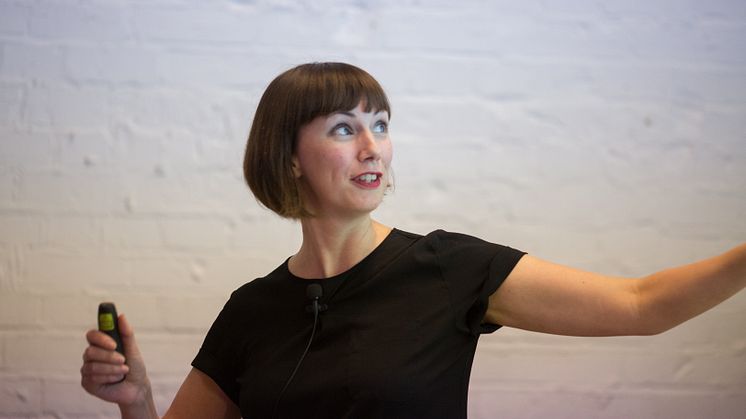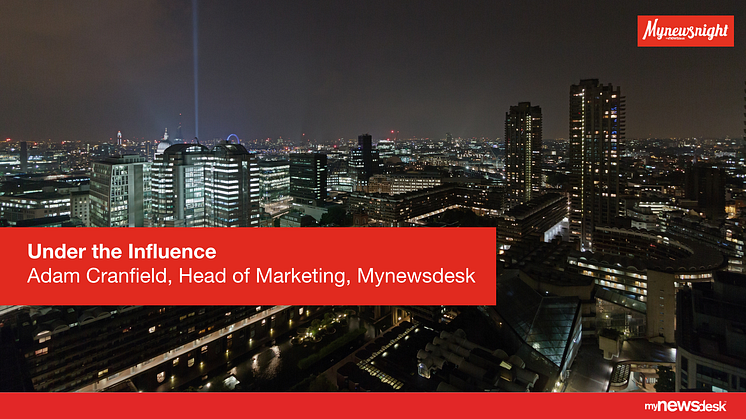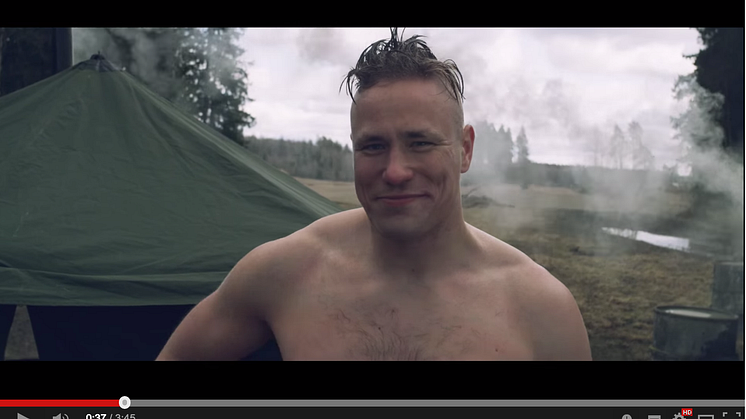
Blog post -
Why should we care about influencer relations?
The explosion of social media has democratized communications. It has levelled the playing field affording almost everyone the opportunity to become an influencer.
“Influencer” is used everywhere in communications and marketing and has become shorthand for describing individual, valuable relationships.
Arguably, there’s nothing fundamentally new about brands trying (and sometimes failing) to connect and engage with people whom consumers are inspired by and seek recommendations from.
In fact, the root of influencer marketing theory can be traced back to the 1940’s two-step flow model by Lazarsfeld & Katz. Through research, they found that personal contacts were far more effective at influencing voting behaviour during Presidential elections than mass media.
If people trusted their friends, family and advocates back then and still do now, what exactly has changed 70 years later?
Mainly who is perceived as a voice of authority and the many ways we can easily reach opinion-formers has evolved, and with it their potential reach.
Communicators can benefit from partnering with influencers who act as authorities, enabling you to navigate discussions in real-time; connectors who can help you source ideas and grow support; activist advocates who’ll crowdfund your venture, sell your products or simply afford you the right to shape a debate.
Rewind, what exactly is an influencer?
An influencer is a recognized expert or thought leader, someone people listen to about a certain subject. Most of all, an influencer has the power to inspire others about new ideas, change behaviour and motivate them to take action.
Influencers can be compensated for their work but influence cannot be bought. As Alex Myers from Manifest points out “paying for influence is like paying for sex. Those that need to pay for influence are probably not engaging enough to get it for free.”
And what does an influencer look like?
I find Traackr’s influencer mapping highly relevant given the evolution of influencer relations and marketing.

For us, working with journalists, authorities, experts and disruptors (we like to think we walk on the wild side of Saas!) has given us some stand-out events and content that’s really helped us build our presence and earn a seat at the grown-ups’ table.
These ‘faces of influence’ may be involved in varied activities, such as one of our disruptor/activist influencers Jon Morter, a social media campaigner…and rock DJ. What made working with Jon so appealing was that we know our core audience is keen to hear fresh ideas about making social media work – what really encourages engagement and what totally squashes it. If you’ve ever heard Jon Morter speak or seen any of his campaigns, he has very strong yet fair opinions on what grates and what is great on social media. His advice is accessible, blunt, practical and hilarious. He is a credible commentator who connects with our audience.
Deciding which types of influencers you want to work with really focuses your efforts and returns the best results. Some brands have great success with celebrity tie-ups, but not every brand needs to work with the Kardashians…come to think of it, do any?
So why should you care about influencer relations?
Influencer relations can take your brand to the next level by increasing your credibility, awareness, loyalty and sales in a highly effective and authentic way. We’ll be investigating this topic in more practical detail over the next few weeks, with useful tips for anyone looking to develop their influencer relations work.




